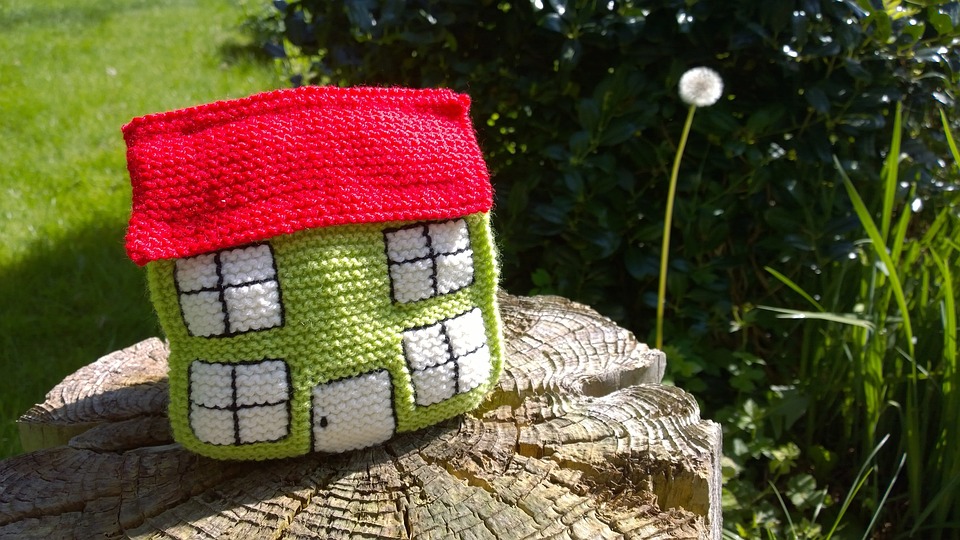Social media has become an integral part of our daily lives, with billions of people around the world using platforms like Facebook, Instagram, Twitter, and TikTok to connect, share, and interact. While social media has undoubtedly revolutionized the way we communicate, it also has a significant impact on mental health.
Comparison with Face-to-Face Interaction
One of the key differences between social media interactions and face-to-face interactions is the lack of nonverbal cues. When we communicate in person, we rely on facial expressions, tone of voice, and body language to understand the emotions and intentions of others. However, on social media, these cues are often absent or distorted, leading to misunderstandings and misinterpretations.
- Studies have shown that prolonged exposure to social media can lead to feelings of loneliness and isolation, as individuals may compare their lives to the carefully curated and often unrealistic portrayals of others.
- Additionally, the constant notifications, likes, and comments can create a sense of addiction and the need for validation, which can impact self-esteem and self-worth.
Impact on Mental Health
The rise of social media has been linked to an increase in anxiety, depression, and other mental health issues. Constant exposure to curated images of perfection can create feelings of inadequacy and insecurity, leading to negative self-image and body dissatisfaction.
- Research has shown that individuals who spend more time on social media are more likely to experience symptoms of anxiety and depression.
- Cyberbullying and online harassment can also have serious consequences on mental health, leading to feelings of shame, guilt, and worthlessness.
Strategies for Mitigating the Negative Impact
While social media can have negative effects on mental health, there are ways to mitigate its impact and promote a healthier relationship with these platforms.
- Set boundaries and limit your screen time on social media to avoid the detrimental effects of constant exposure.
- Be mindful of who you follow and curate your feed to include positive and uplifting content that makes you feel good about yourself.
- Engage in real-life social interactions and activities to maintain a healthy balance between the online and offline world.
Conclusion
In conclusion, social media can have a significant impact on mental health, leading to feelings of loneliness, anxiety, and depression. It is essential to be mindful of the way we interact with these platforms and take proactive steps to protect our mental well-being. By setting boundaries, curating our feeds, and engaging in real-life activities, we can create a healthier relationship with social media and prioritize our mental health.
